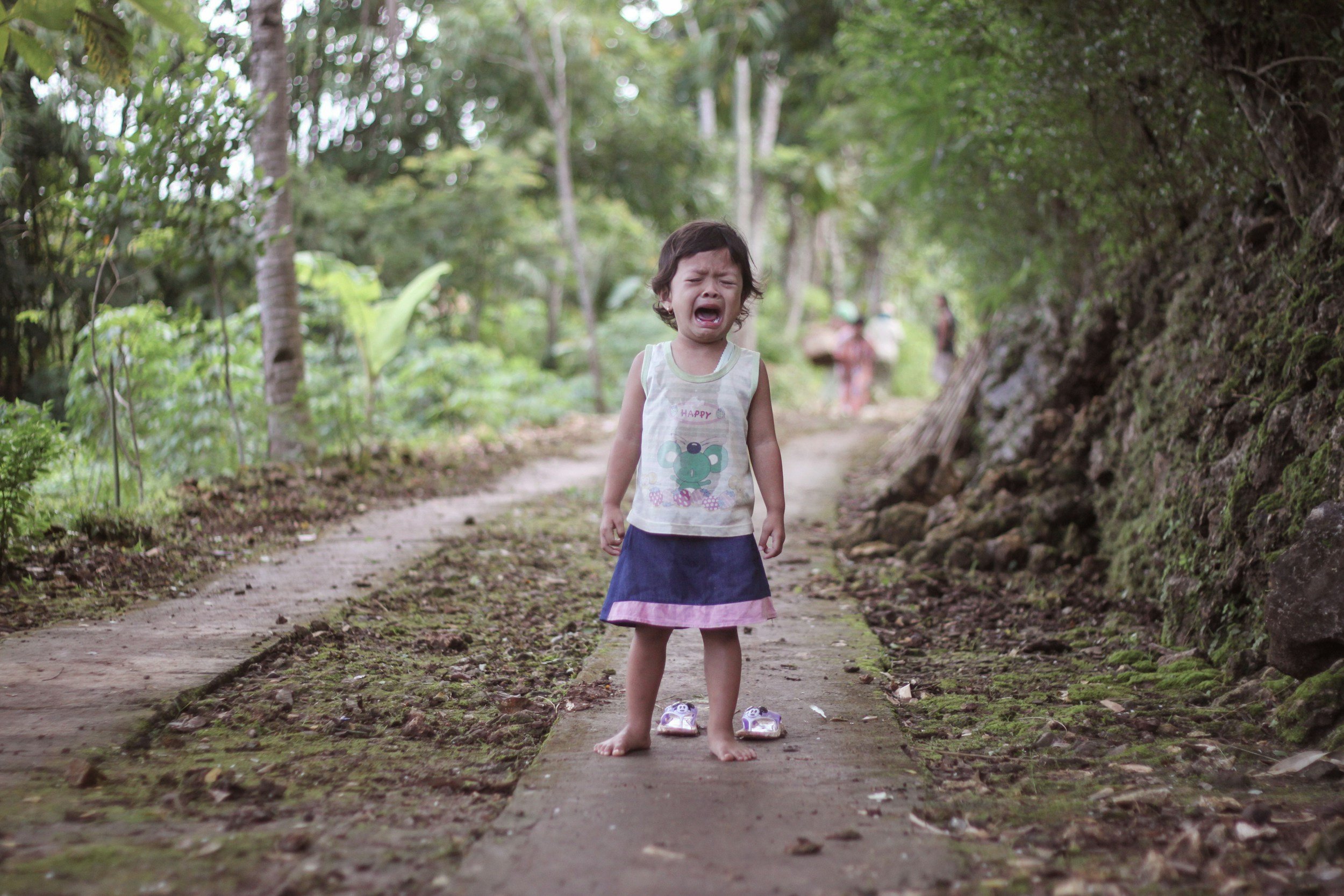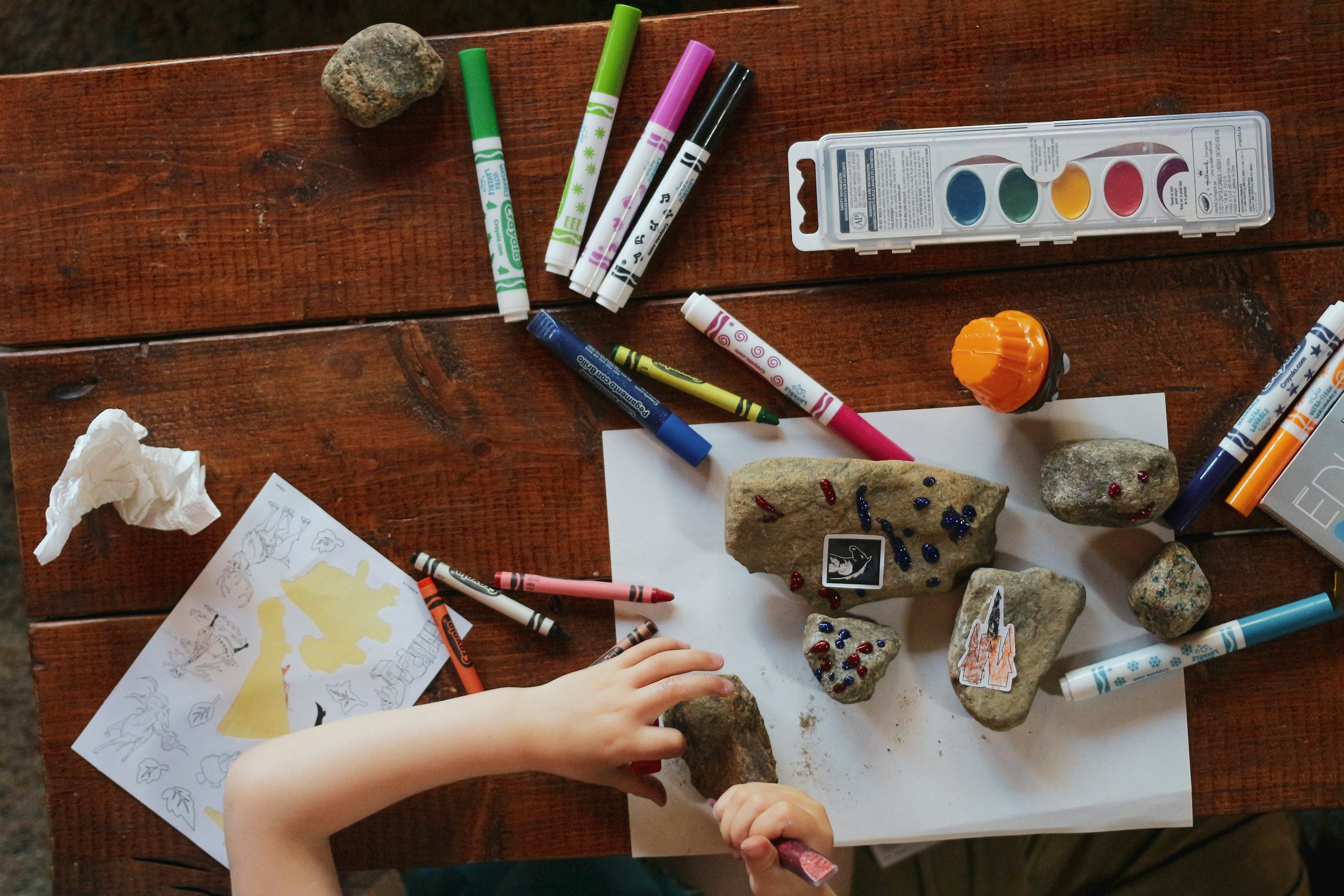
Signs Your High-Achieving Child May Be Struggling: How Play Therapy Supports Internalizing Behaviors
Learn how internalizing behaviors like perfectionism, masking, and anxiety can affect high-achieving kids—and how play therapy helps them process emotions and reconnect with themselves.

Understanding the 4 Core Threats to a Child’s Nervous System: Insights from Synergetic Play Therapy
Learn the four types of threats that can trigger anxiety or dysregulation in children, based on Synergetic Play Therapy—and how play therapy can help your child feel safe and supported.

How I Support Children Through Anxiety, Depression, Trauma, and More in Play Therapy
Discover how play therapy supports children experiencing anxiety, depression, trauma, suicidality, and more. Learn how sessions are individualized for growth, regulation, and healing

What’s Going On in a Kid’s Brain & Nervous System During a Meltdown?
Learn what happens in a child’s brain and body during a meltdown, and how to respond with regulation, empathy, and connection. Includes 6 actionable tips for parents.

What Does Progress in Play Therapy Actually Look Like?
Explore the 3 phases of the play therapy process—exploration, choice, and empowerment—and learn what real progress looks like at every stage of your child’s healing journey.

5 Common Misconceptions About Play Therapy – And the Truth Behind Them
Wondering what play therapy really is? Learn the top 5 myths about play therapy—and discover how it helps children build emotional skills, resilience, and healing through play.

Understanding Anxiety in Kids: What It Is, How It Feels, and When to Seek Help
Wondering if your child’s behavior might be related to anxiety? Learn what anxiety looks like in kids, common triggers, how it feels, and when it’s time to seek support.

6 Signs It Might Be Time for Parents to Seek Support Through Play Therapy
Noticing your own anxiety rising, avoiding daily routines, or feeling disconnected as a parent? Learn six signs it may be time to seek support for both you and your child through play therapy.

What Is Attunement and How Do You Practice It With Children?
Learn what attunement means in parenting and play therapy, how to practice it with children, and why authenticity—not calm—is key to co-regulation and emotional connection.

Why Talk Therapy Doesn’t Work for Kids—and Why Play Therapy Meets Them Where They Are
Children experience big emotions but often can’t explain them. Learn how brain development affects behavior and how play therapy helps children express what they can’t put into words.

Affirming Play Therapy for Neurodivergent Children: Supporting Authenticity Over Assimilation
Learn how neurodiversity-affirming play therapy supports autistic and neurodivergent children by focusing on authenticity, regulation, and sensory needs—not masking.